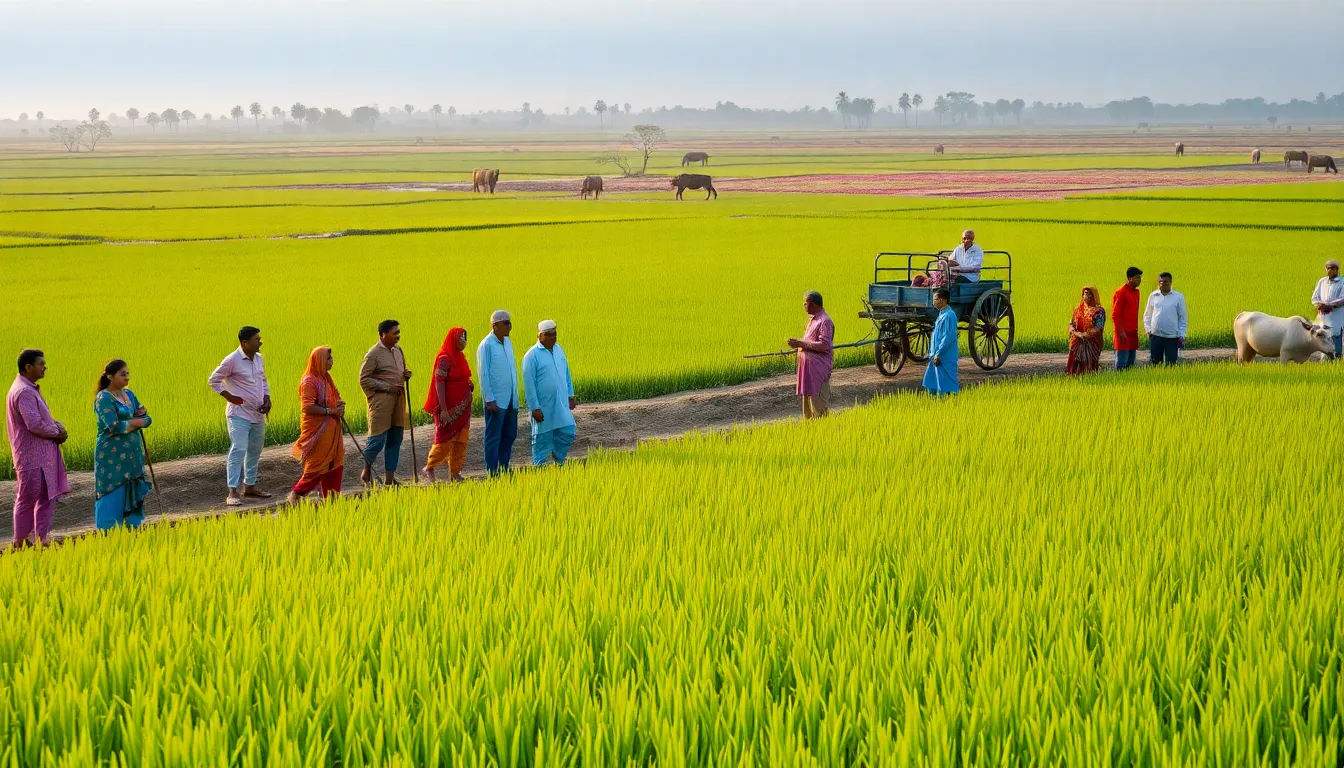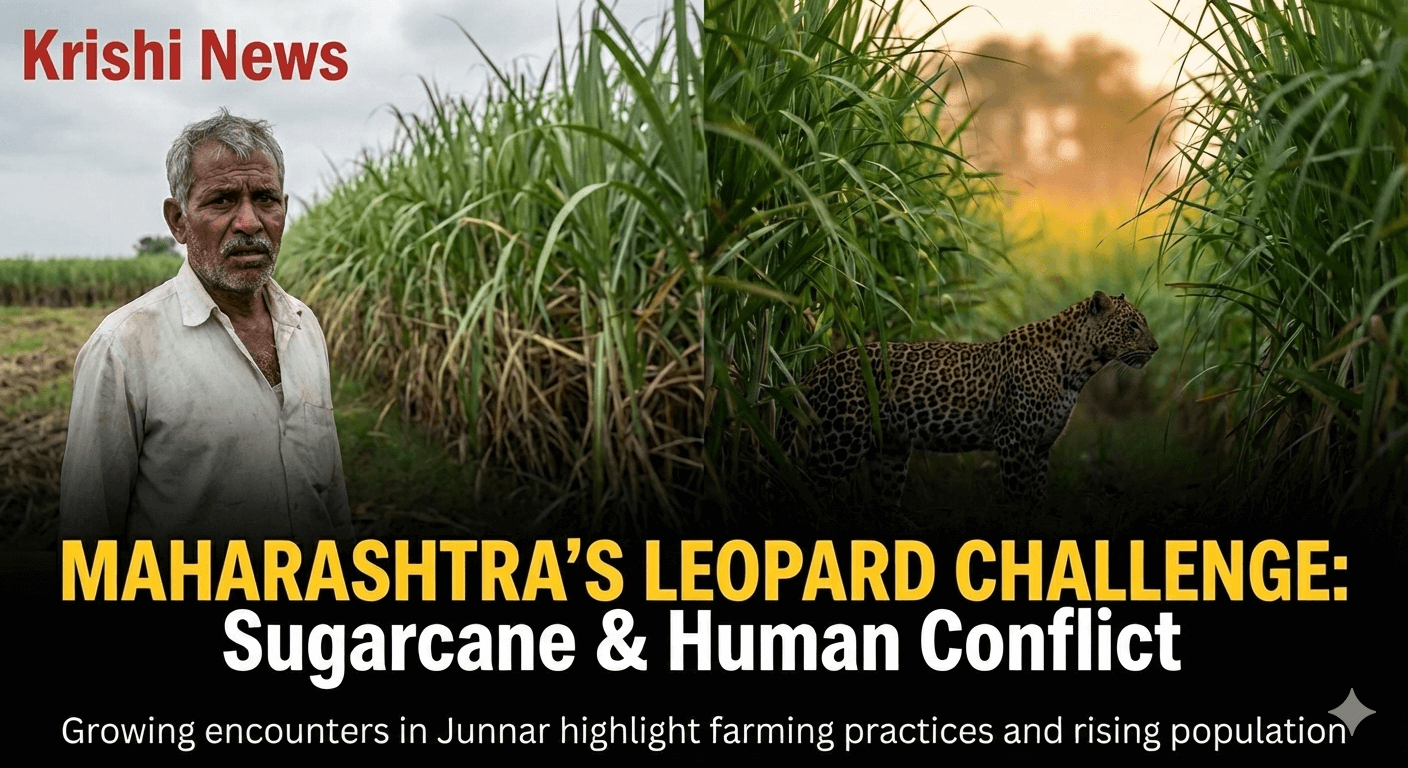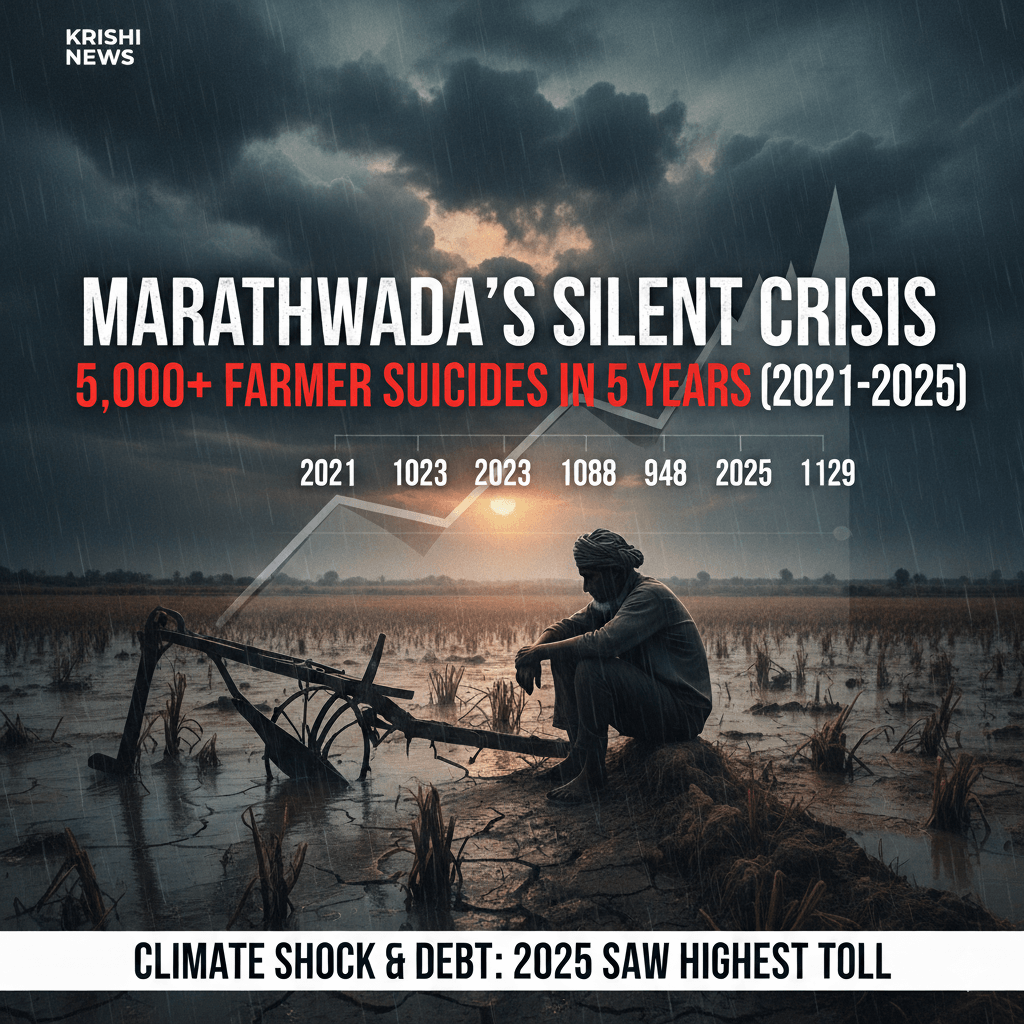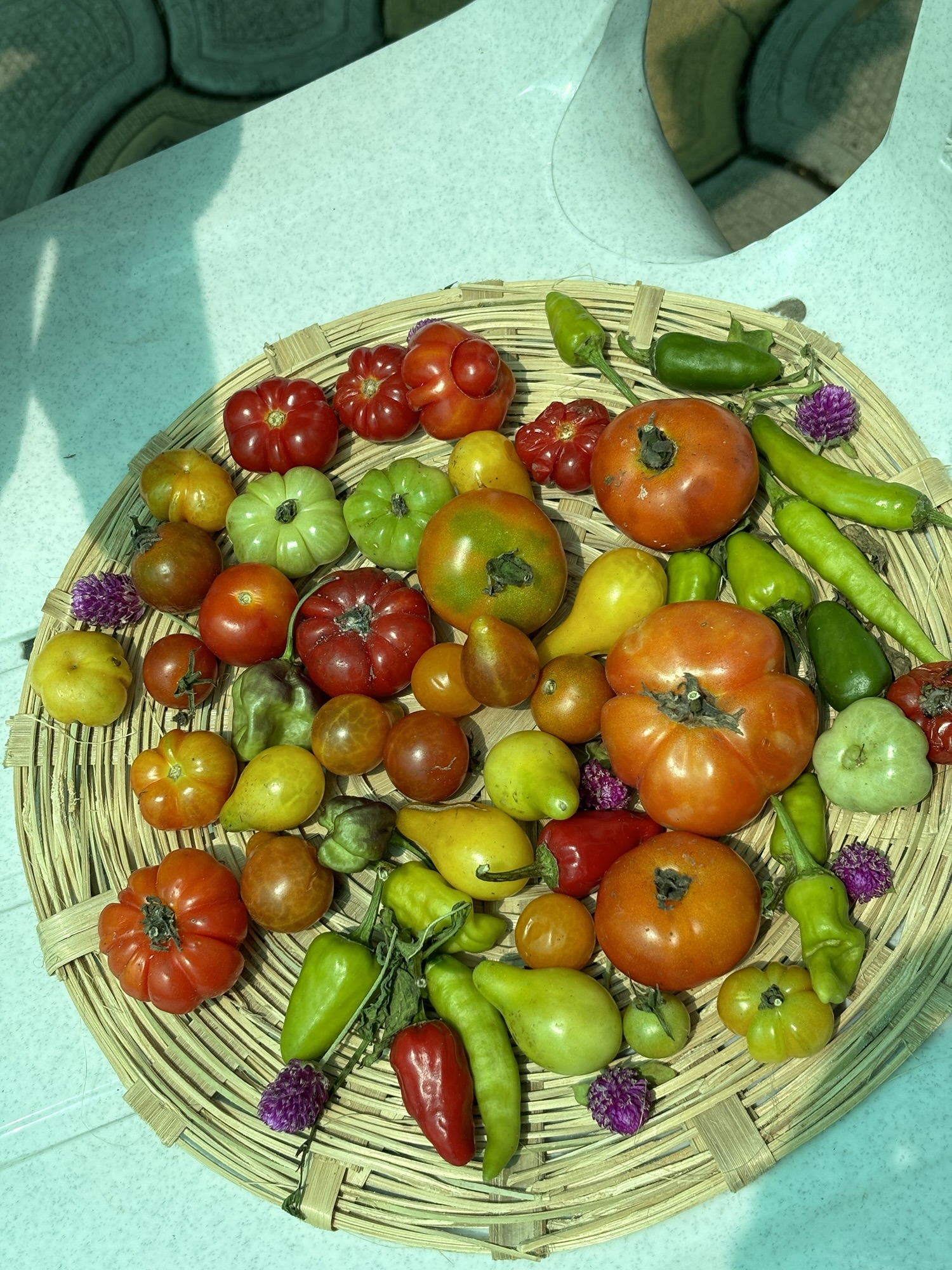The International Rice Research Institute (IRRI) has recently launched a new hub aimed at enhancing climate-resilient agriculture in the Asia-Pacific region. This initiative intends to support farmers in facing the challenges posed by climate change, which is increasingly affecting agricultural productivity.
The new hub will act as a central point for coordinating agricultural innovations. It will focus on developing solutions tailored to meet the specific needs and challenges faced by different regions. By fostering collaboration among various partners, the hub aims to speed up research and its impact on farming communities.
According to IRRI, the hub will work with local stakeholders to identify the five major challenges impacting farmers and consumers. These challenges include climate variability, market access, and resource management. By addressing these issues, IRRI hopes to improve the livelihoods of farmers across the region.
In a recent event in Hyderabad, India, IRRI brought together over 100 rice researchers and partners. The goal was to discuss the latest breeding innovations and set priorities for future research. This annual meeting allows stakeholders to share knowledge and develop strategies that can be implemented in the field.
Moreover, IRRI has been actively conducting training sessions to enhance the skills of agricultural professionals. For instance, a recent workshop in Kolkata focused on empowering women smallholder farmers. The training covered various aspects of climate-resilient practices, ensuring that these farmers can adapt to the changing climate.
The hub’s establishment comes at a crucial time when climate change is intensifying in many regions. Farmers, especially those in vulnerable communities, face increasing pressure on their livelihoods. With the new hub, IRRI aims to provide farmers with the tools and knowledge they need to combat these challenges effectively.
In addition to addressing local needs, the hub will also facilitate broader collaboration across countries. It will serve as a platform for sharing successful practices and innovations in rice production. By connecting different stakeholders, the hub aims to create a network of support that can enhance agricultural resilience.
Furthermore, as part of its commitment to reducing greenhouse gas emissions, IRRI is involved in several projects aimed at sustainable rice cultivation. One such project focuses on reducing methane emissions from rice fields, a significant contributor to climate change. Through training and research, IRRI is working to help farmers adopt low-emission practices.
The hub is also designed to engage with various agricultural partners, including governments, NGOs, and private sector players. This collaborative approach is essential for creating impactful solutions that can be scaled across the region.
As IRRI continues to expand its initiatives, it remains dedicated to its mission of advancing rice research and innovation. The new hub represents a significant step towards achieving sustainable agricultural practices that can withstand the impacts of climate change.
In summary, the IRRI’s new hub for climate-resilient agriculture in the Asia-Pacific region aims to foster collaboration and innovation. By addressing key challenges faced by farmers and enhancing their capacity to adapt to climate change, this initiative holds the promise of improving agricultural sustainability and food security across the region.





